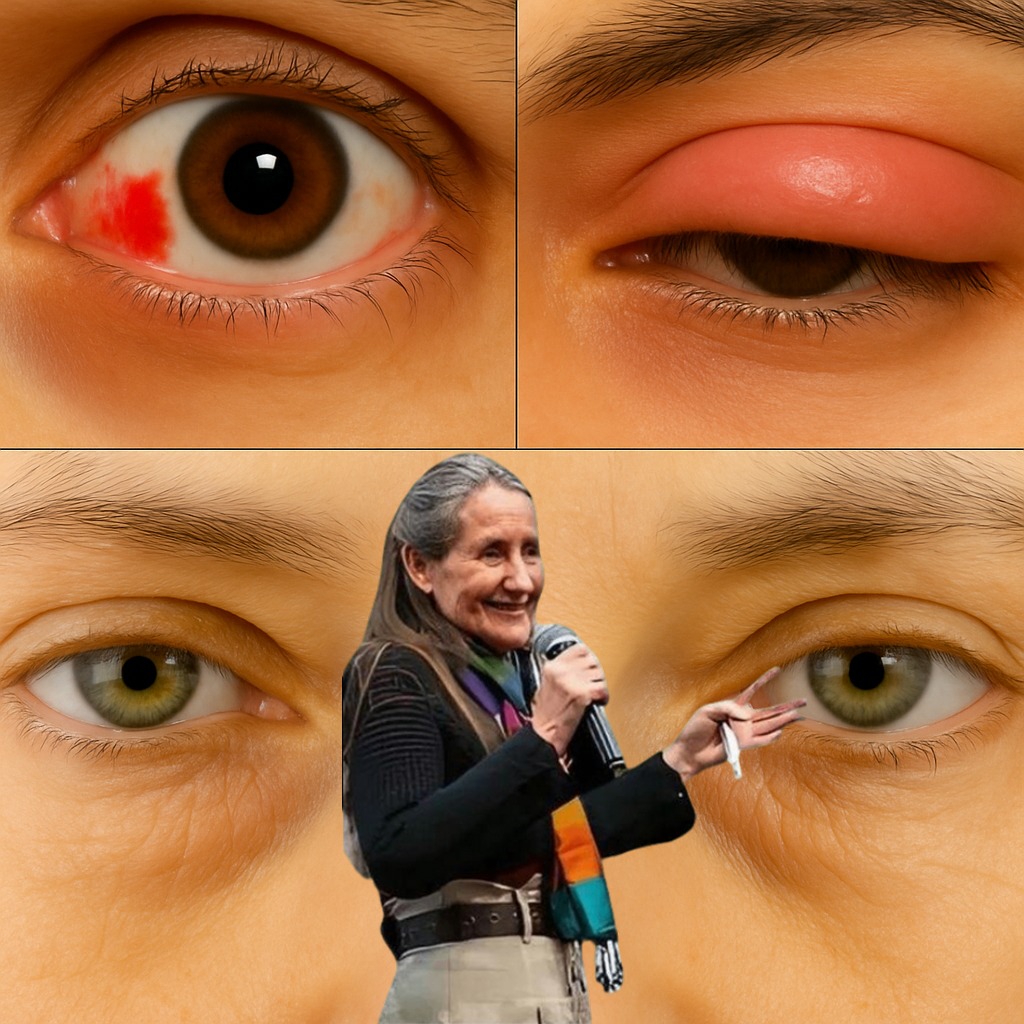Your eyes do far more than help you see the world. They reflect it—and not just the light around you, but the internal conditions within your own body. While we often associate eyes with emotion, their real power lies in what they reveal about our health. Subtle changes in appearance, function, or sensation can point to issues far beyond the surface—sometimes long before you feel symptoms anywhere else.
Buy vitamins and supplements
Learning how to read these signs could make all the difference. From temporary imbalances to early warnings of more serious conditions, your eyes are constantly communicating. The only question is: are you paying attention?
Why Your Eyes Are More Than a Beautiful Feature
The eyes are biologically intricate, housing a network of blood vessels, nerves, and delicate tissues that respond quickly to internal shifts. Because they’re so closely tied to the brain and circulatory system, even a minor change in eye appearance or function can serve as an early signal of illness elsewhere in the body. Being aware of these signs—and understanding when they’re harmless or when they’re cause for concern—could lead to earlier diagnoses and better outcomes.
Subconjunctival Hemorrhage: The Bright Red Wake-Up Call
It often starts with shock: a vivid red patch appears on the white of your eye. Known as a subconjunctival hemorrhage, this startling change happens when tiny blood vessels burst beneath the eye’s surface. While it looks severe, it’s usually painless and harmless—often caused by a strong cough, a sneeze, or rubbing your eyes too hard. In most cases, it clears up on its own within two weeks.
But if it happens repeatedly, it could be more than just a one-time burst. High blood pressure, blood clotting disorders, and even diabetes have been linked to recurring hemorrhages. If the redness appears frequently or is accompanied by pain or vision changes, don’t dismiss it. It could be your body trying to alert you to deeper vascular or systemic issues.
Swollen Eyelids: When Puffiness Means More Than Fatigue
We’ve all woken up with puffy eyes after a sleepless night or salty meal. But when eyelid swelling becomes persistent or occurs without an obvious cause, it may reflect more than just poor rest. Allergies, fluid retention, or hormonal imbalances are common culprits, but so are underlying thyroid conditions. Both hypothyroidism and hyperthyroidism can manifest through changes in the eyes, including swelling, dryness, or bulging.
In some cases, kidney problems may also show up as puffiness around the eyes due to impaired fluid regulation. While home remedies like cold compresses, hydration, or reducing salt can help, chronic swelling deserves a closer look. Your eyes might be asking you to check your thyroid or kidney function.
Natural Remedies That Gently Support Eye Health
Buy vitamins and supplements
The eyes respond remarkably well to lifestyle changes and natural therapies. For mild irritation or swelling, saline rinses can help flush allergens, while cool chamomile tea bags applied over closed eyes may reduce inflammation. Diet also plays a powerful role—omega-3 fatty acids from sources like salmon, chia seeds, or flaxseeds support tear production and eye moisture.
If you’re prone to broken capillaries or eye redness, increasing your intake of vitamin C through citrus fruits, strawberries, or bell peppers can help strengthen blood vessels. While natural remedies can be effective for minor issues, always consult a healthcare provider if symptoms are persistent or worsening.
Allergic Reactions: When Your Eyes Are the First to React
Watery, itchy, or red eyes that seem to flare up out of nowhere may be signaling an allergic response. Whether it’s pollen, pet dander, dust, or a reaction to certain foods or environments, the eyes are among the most sensitive responders in your immune system. Seasonal allergies are the most common trigger, but some people develop year-round sensitivities that cause chronic irritation.Best restaurants near me
Managing these symptoms involves both prevention and treatment. Over-the-counter antihistamine eye drops offer relief, but identifying the trigger is essential. Try keeping windows closed during peak allergy seasons, using air purifiers, and rinsing your face and eyes after spending time outdoors.
Next Page

